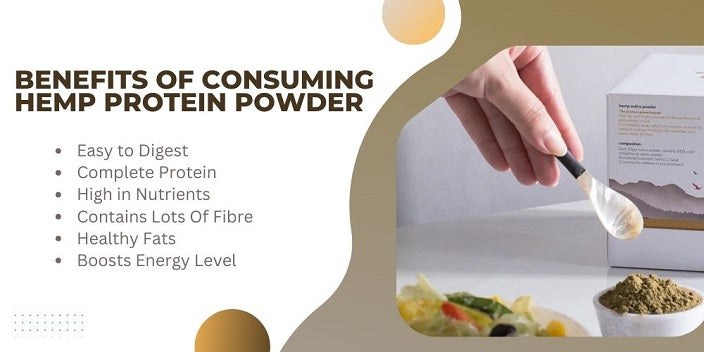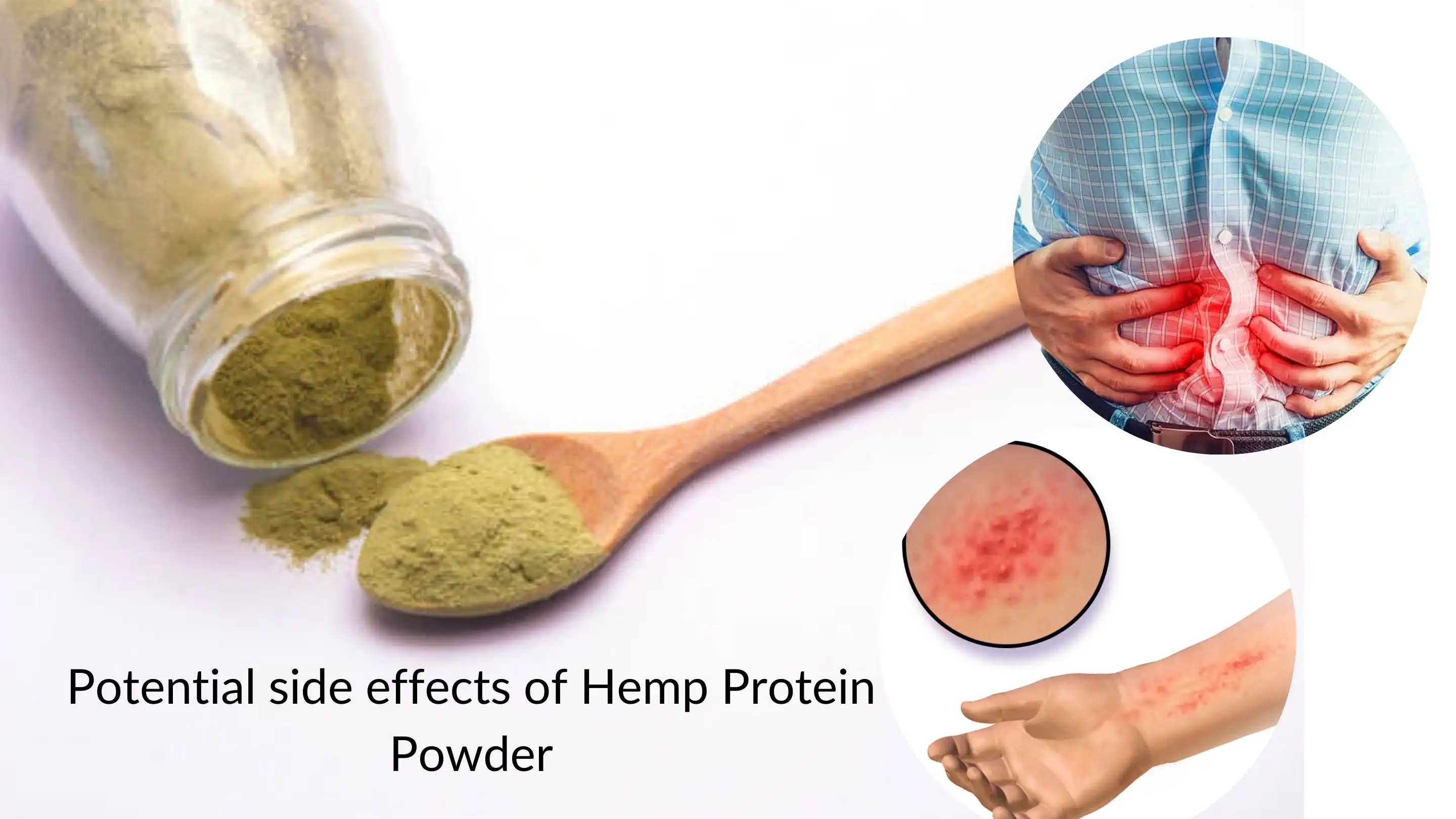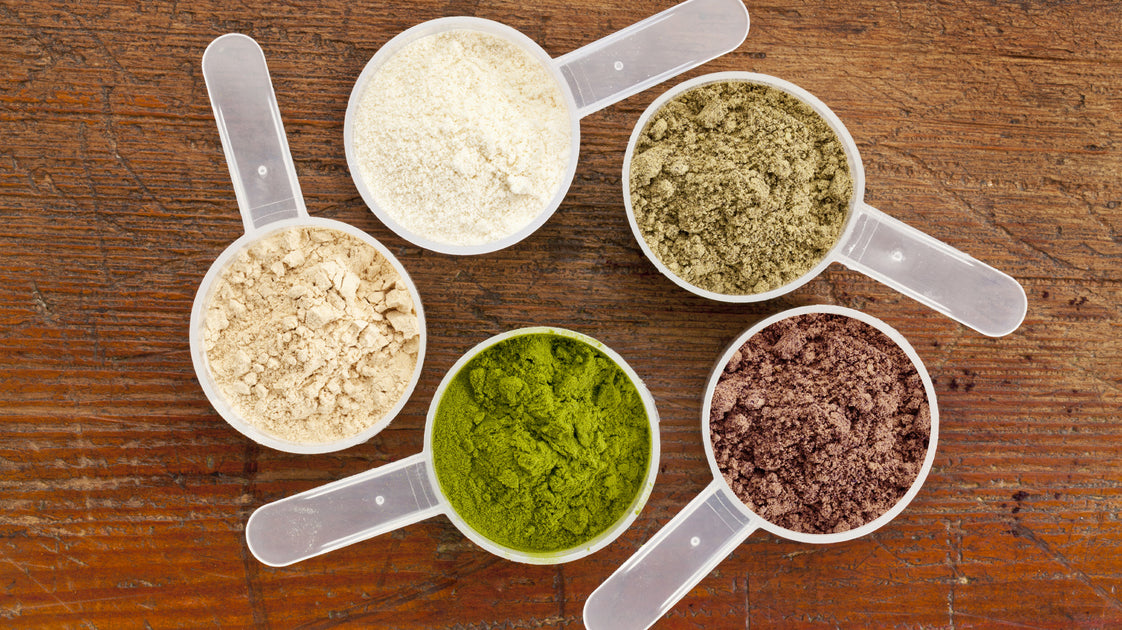hemp protein powder benefits and risks
Hemp protein powder has gained popularity as a high-quality plant-based protein source, offering a well-rounded nutritional profile. Derived from hemp seeds (Cannabis sativa), this protein powder is packed with essential amino acids, healthy fats, fiber, and micronutrients, making it a favorite among athletes, vegans, and health-conscious individuals. However, like any supplement, it comes with potential risks. This article explores the benefits and drawbacks of hemp protein powder to help you determine if it’s the right choice for your dietary needs.
What is hemp protein Powder?
Hemp protein is obtained from the seeds of the hemp plant, which has been used as a food source for thousands of years. These nutty-tasting seeds are particularly rich in nutrients, as hemp protein contains all nine essential amino acids that the human body cannot produce itself. Hemp seeds are therefore considered a particularly valuable source of protein - especially for vegans and vegetarians.
Because hemp protein covers the entire amino acid spectrum, it is also known as "complete protein". It is often compared to animal protein such as whey or egg, but has the advantage that it is purely plant-based and therefore also suitable for people with intolerances to dairy products.

Benefits of hemp protein: for athletes and the health-conscious
Hemp protein is one of the best plant-based sources of protein - not only for a vegan diet, but also for athletes and people who pay attention to a balanced diet. Here is an overview of the main benefits:
Easy to digest: hemp protein contains no lectins or phytic acid, which can make digestion difficult in some plant-based proteins. It is therefore particularly well tolerated, even by people with sensitive stomachs.
Promotes intestinal health: The fiber it contains can support intestinal health and contribute to stable digestion.
Rapid recovery: Hemp protein can promote muscle recovery after training thanks to the rapid absorption of amino acids.

Nutritional Profile of Hemp Protein Powder: What Makes It Unique?
Hemp protein not only provides protein, but also a wealth of other important nutrients:
Omega-3 and omega-6 fatty acids: Can promote heart health and contribute to brain function. They can also have an anti-inflammatory effect and support a healthy immune system.
Dietary fiber: Hemp protein is rich in soluble and insoluble fiber, which can aid digestion and prolong feelings of fullness.
Magnesium: This essential mineral is also contained in hemp protein and supports the smooth functioning of muscles and nerves. Magnesium is also essential for energy production in the body.
Iron: Hemp protein is an excellent source of iron, which contributes to the formation of red blood cells and can therefore support the body's oxygen supply.
Zinc and B vitamins: Can boost the immune system and are important for healthy skin, hair and nails.

Potential Risks of Hemp Protein Powder: What You Need to Know
Low in Lysine: Not the Best Protein for Certain Diets
Although hemp protein is a complete protein, it is relatively low in lysine, an essential amino acid important for collagen production, immune function, and calcium absorption. Those relying solely on hemp protein should consider complementing it with other lysine-rich foods like quinoa, legumes, or soy products.
Potential Digestive Issues: Adjusting to High Fiber Intake
While hemp protein’s fiber content is beneficial for digestion, it may cause bloating, gas, or discomfort for individuals not accustomed to a high-fiber diet. To avoid digestive discomfort, it is recommended to start with small servings and gradually increase intake while staying hydrated.
THC Content: A Non-Psychoactive Concern
Hemp protein is derived from the seeds of the Cannabis sativa plant, which contains trace amounts of THC (tetrahydrocannabinol), the psychoactive compound in marijuana. However, hemp protein powder is processed to remove most THC, ensuring it does not have any psychoactive effects. That said, individuals subjected to drug testing should choose reputable brands that provide third-party lab testing to verify THC levels.
Potential Allergen Sensitivity: Checking for Reactions
Unless you’re allergic to hemp, Kusske says there aren’t any risks. Just be sure that hemp protein is used as a supplement, not a replacement for anything in your diet. Although hemp allergies are rare, some individuals may experience mild allergic reactions, such as itching, swelling, or digestive discomfort. Those with existing seed allergies should consult a healthcare professional before incorporating hemp protein into their diet.

How Hemp protein compare to other proteins?
Hemp protein is a vegan, plant-based protein powder that’s made from hemp plant. “And one big advantage is that hemp protein doesn’t require nearly as much processing as other proteins.”
Other proteins, like soy, require several steps and an extraction process to form a usable protein powder, she points out. For hemp protein, though, it’s simply grinding hemp seeds into a fine powder.
Hemp is also a highly sustainable, low-impact plant, so using it as a protein powder is earth-friendly.

How to Incorporate Hemp Protein into Your Diet: Recipes & Tips
Hemp protein powder can be used in smoothies, baked goods, energy bars, soups, and cereals. Experimenting with different recipes can help maximize its nutritional benefits.
Protein boost for your smoothies
For a real smoothie booster, add a spoonful of hemp protein to your smoothie to increase the protein content and integrate fiber at the same time.
Flavor boost for your protein source
Many protein powders can already be bought in different flavors. However, you can also pimp the taste of your hemp protein yourself by simply adding flavors of your choice: Cocoa powder for a chocolaty taste, cinnamon or vanilla for more spice, or fresh, pureed berries for a fruit kick.
More protein variety in your kitchen
Incidentally, hemp protein can be used in more than just smoothies. Hemp protein also cuts a fine figure as an additive in muesli, yoghurt or as a baking ingredient. For example, you can easily bake pancakes or your own protein bars with it.

Conclusion
Hemp protein powder offers a well-balanced nutritional profile, making it an excellent plant-based protein source for muscle recovery, heart health, and digestive support. Its high fiber, omega fatty acids, and essential mineral content set it apart from other protein powders. However, individuals with lysine deficiencies, sensitive digestion, or specific dietary concerns should be mindful of its limitations.
For those looking for an easily digestible, sustainable, and nutrient-rich protein source, hemp protein powder is a great addition to a healthy diet. As always, choosing high-quality, organic, and third-party-tested products ensures the best results and safety.
References:
U.S. Department of Agriculture. "Hemp Seeds: Nutritional Composition." FoodData Central.
Callaway, J.C. "Hemp Seed as a Nutritional Resource: An Overview." Euphytica, 2004.
Harvard T.H. Chan School of Public Health. "Plant-Based Protein Benefits and Considerations." Harvard Health Publishing, 2021.
National Institutes of Health. "The Role of Dietary Fiber in Health." Journal of Nutrition, 2018.
Send Inquiry
Related Industry Knowledge
- Unlocking Muscle Growth with Creatine Monohydrate
- The main trend of pet nutrition products-natural and clean
- L Glutamine Powder for the Best Body
- The Ultimate Ingenious Beauty Collagen
- BCAA
- hemp protein shake recipes for weight loss
- Does oat beta-glucan brighten skin?
- What is Instant Black Tea Powder?
- Is sunflower lecithin safe for skin?
- The Vibrancy of Nature: An In-Depth Look at Red Cabbage Color (E163)


